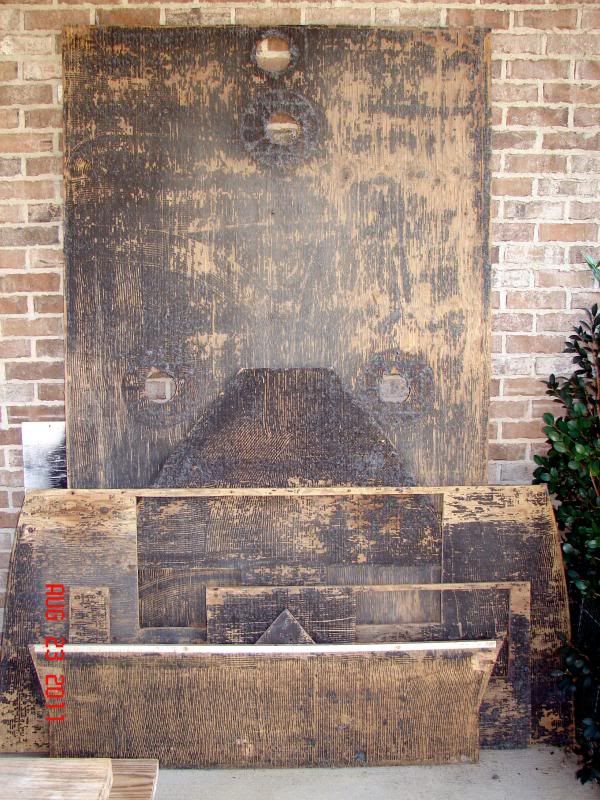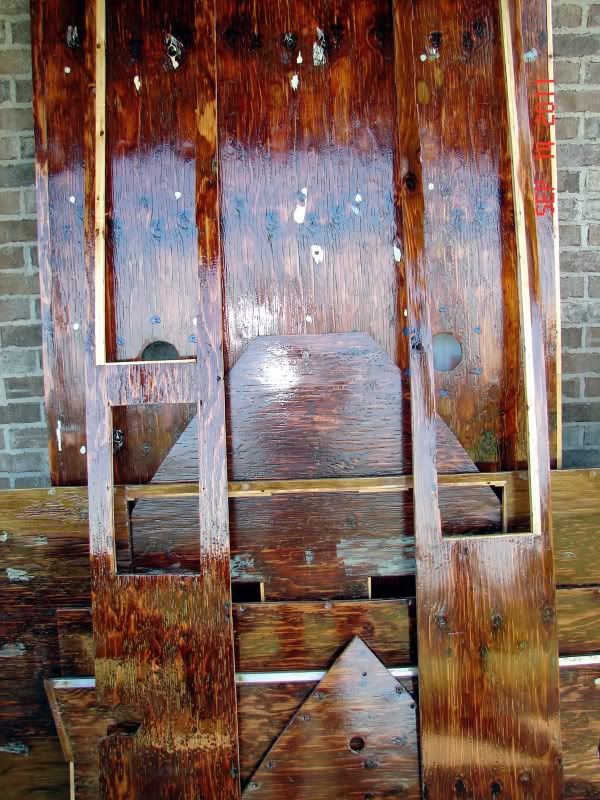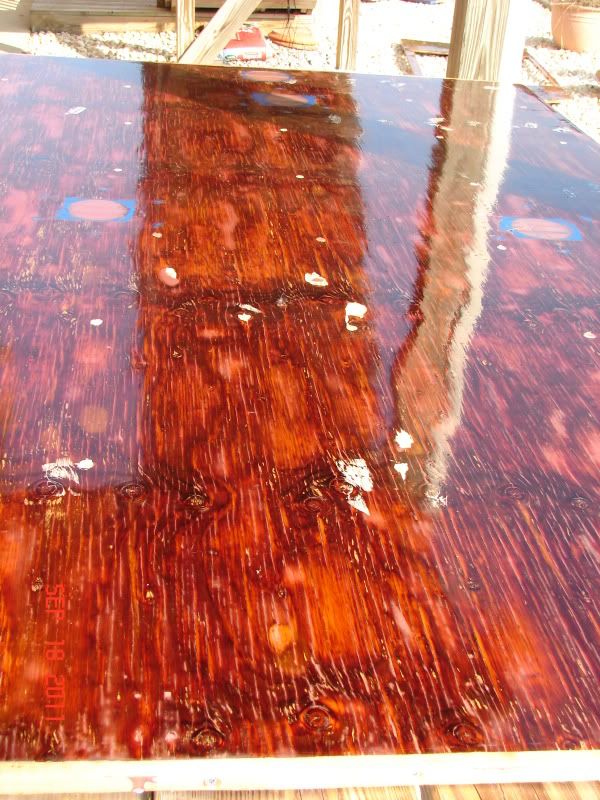Alumacraft sold a lot of these boats over many years with the same material and it also was not expoy coated.
Not epoxy coated yes, but same material---no....
Most, if not all, aluminum boat manufacture's use CCA treated plywood. (This isn't the ACQ treated plywood that will eat aluminum, and available at the big box stores.) The CCA treating makes the plywood very rot resistant, for many years. CCA treated plywood is hard to find since it's EPA regulated now, so DIY people had to come up with different things to make the wood resist rot: epoxy, poly resin and fiberglass, polyurethane, varnish, paint, chemical treating, etc, etc.






















